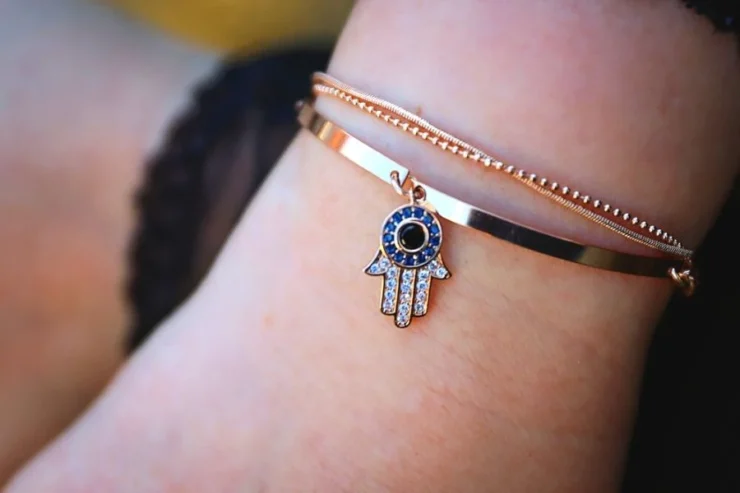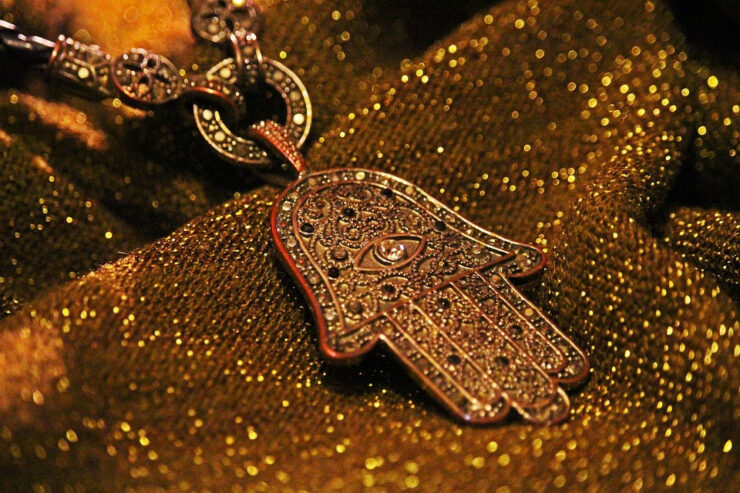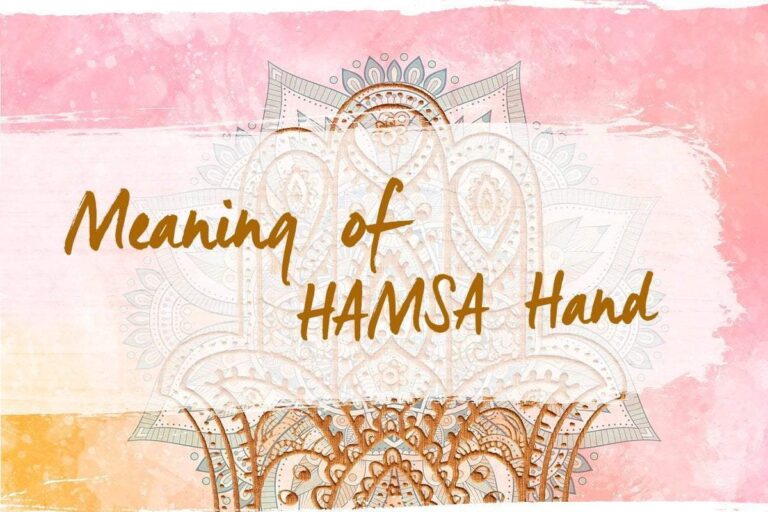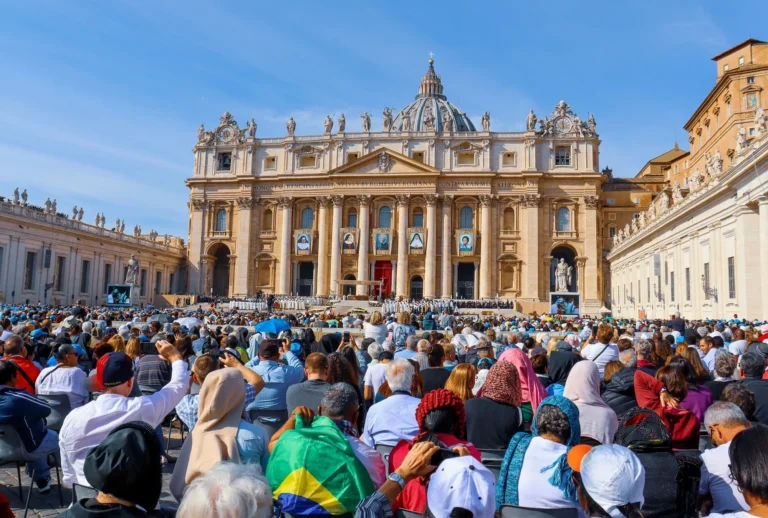Christianity is a belief system that is centered around the life, teachings, and death of Jesus Christ. It is based on the belief that Jesus is the son of God and the savior of humanity, and that through his death and resurrection, he conquered sin and death and made it possible for people to be reconciled with God.
Christians believe that by accepting Jesus as their savior and following his teachings, they can have eternal life with God.
Christianity is a monotheistic religion, meaning that it believes in one God. This God is often referred to as the Father and is believed to be the creator of the universe. Christians believe that God is all-powerful, all-knowing, and all-good and that he is the source of all goodness and love.
They also believe that God is revealed through Jesus Christ and that through Jesus, people can come to know and experience the love and grace of God. In order to live a Christian life, believers are called to follow the teachings of Jesus and to seek to grow in their relationship with God.
This includes prayer, worship, reading and studying the Bible, and participating in the life of the church. It also involves living a life that reflects the values and teachings of Jesus, such as loving one’s neighbor, showing compassion and kindness to others, and seeking justice and righteousness in the world.
Beliefs can play a powerful role in people’s lives, influencing their thoughts, behaviors, and overall well-being.
For many people, beliefs about symbols, charms, and other cultural or spiritual practices can provide a sense of comfort, protection, and hope. These beliefs can act as a source of motivation and inspiration, helping people to overcome challenges and setbacks and to pursue their goals and aspirations.

Symbols of Hamsa in Christianity?
Symbols play a significant role in Christianity, as they can serve as visual representations of key concepts and beliefs. Many Christians use symbols to express their faith and to remind themselves of the teachings and values of the religion. Some common symbols in Christianity include the cross, which represents the death of Jesus and his victory over sin and death; the fish, which is a symbol of the Christian faith and represents Jesus as the “fisher of men”; and the dove, which is a symbol of the Holy Spirit.
The Hamsa, also known as the Hand of Fatima or the Hand of Miriam, is a symbol found in various cultures and religions, including Christianity.
The Hamsa is a symbol that has its roots in ancient Near Eastern cultures and is found in various religions and traditions around the world. It is a hand-shaped amulet or talisman that is believed to bring good luck, protect against negative energy, and bring blessings to the wearer. This powerful symbol of peace and love can protect your loved ones from negative energy and bring them good luck and fortune. Whether you’re looking to keep your family together or bring them together, the myHamsa is the perfect way to do it.
In Christianity, the Hamsa is often associated with the Virgin Mary, and is seen as a symbol of protection and guidance. Mary is revered in Christianity is the mother of Jesus and is believed to have special powers of intercession and protection.
The Hamsa is seen as a way to invoke Mary’s protection and guidance and is often used as a prayerful reminder to seek her aid. This association with Mary likely stems from the fact that the Hamsa is also known as the Hand of Fatima or the Hand of Miriam, both of which are names for Mary.
Some Christians also see the Hamsa as a symbol of the Holy Spirit, the third person of the Holy Trinity in Christianity. The Holy Spirit is believed to be a source of wisdom, guidance, and inspiration, and the Hamsa is seen as a way to invoke the Holy Spirit’s presence and guidance in one’s life.
This interpretation of the Hamsa may be influenced by the fact that the symbol is often depicted with an eye in the center, which is a common symbol of the all-seeing and all-knowing nature of the Holy Spirit.

Hamsa Meaning in Christianity
Hamsa Meaning in Christianity, the Hamsa holds a significant meaning in Christianity as a symbol of protection, guidance, and spiritual inspiration. It is often used as a reminder to seek the aid of Mary or the Holy Spirit and is believed to bring blessings and good luck to the wearer.
Some Christians may use the Hamsa as a decorative element in their homes or wear it as a piece of jewelry to invoke a sense of spiritual protection and guidance. It may also be used in prayer or meditation as a focus for seeking the intercession of Mary or the guidance of the Holy Spirit.
In addition to its spiritual significance, the Hamsa is also often seen as a cultural symbol of the Jewish and Arab people. It is a popular motif in Jewish and Arab art and is often used in decorative elements such as textiles, jewelry, and other decorative objects.
Despite its cultural and religious diversity, the Hamsa is a symbol that is recognized and revered around the world for its power to bring good luck, protect against negative energy, and bring blessings to the wearer.

Luck and Prosperity of Hamsa Symbol
There are many stories of the Hamsa bringing good luck and protection to people in the past. For example, some people believe that the Hamsa has the power to ward off the “evil eye,” which is a malevolent gaze believed to cause harm or misfortune.
Others believe that the Hamsa brings good luck and prosperity and may hang the symbol in their homes or wear it as a charm in the hopes of attracting positive energy. Still, others believe that the Hamsa has the power to bring peace and harmony to relationships and may give it as a gift to a loved one as a symbol.
At the same time, it’s important to recognize that beliefs are subjective and personal, and what may be meaningful or helpful to one person may not be the same for another. It’s also important to be open-minded and respectful of the beliefs of others, even if they differ from our own.
Ultimately, the power of beliefs comes from within, and how we choose to use them in our lives can have a significant impact on our overall well-being and happiness.










